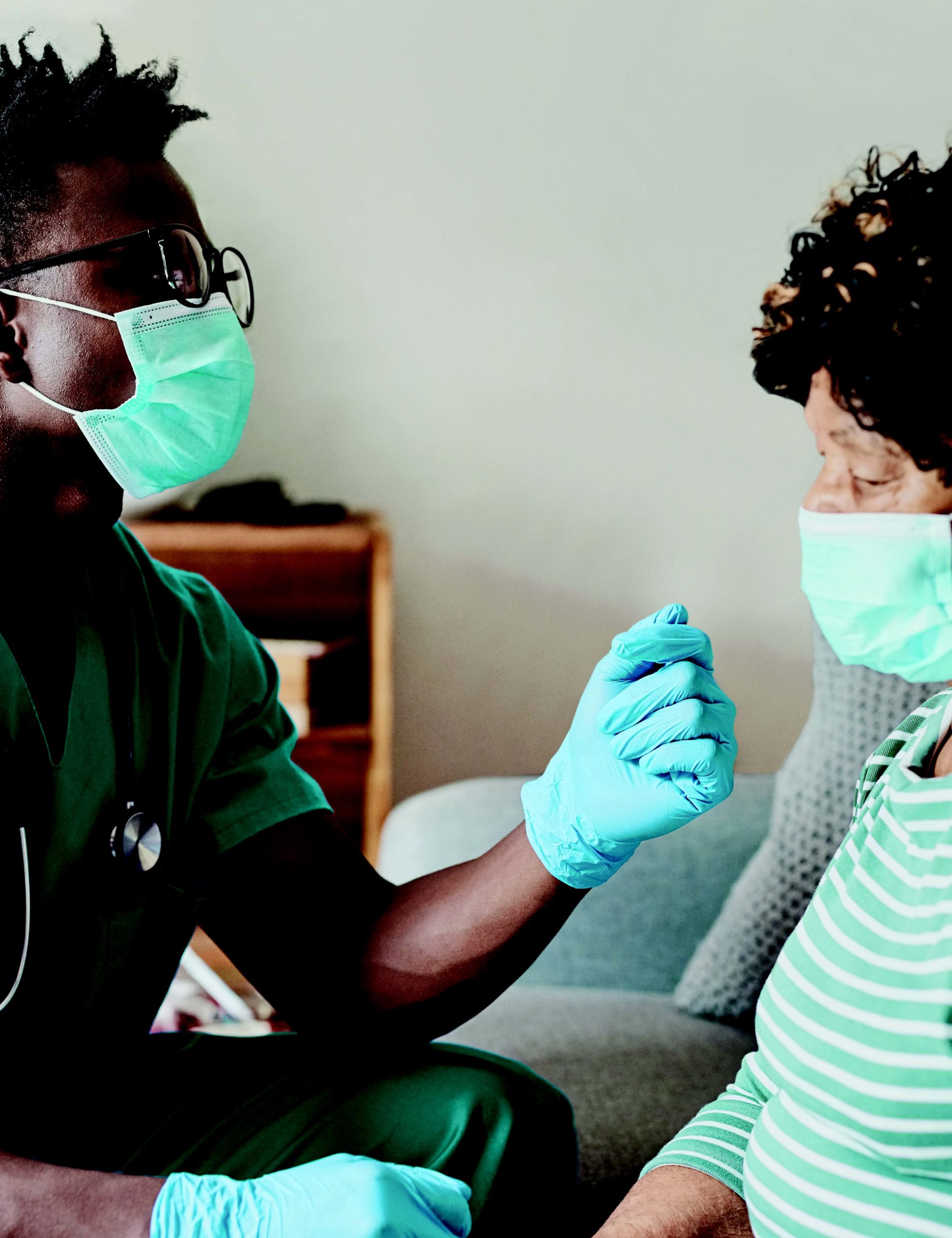By Jennifer Melham
While staffing shortages are certainly something we have been experiencing in the healthcare industry, there will never be a shortage of patients. It’s vital that facilities consistently recruit skilled and engaged clinicians to care for these patients. Traditionalists and Baby Boomers have begun to retire, opening leadership positions for Gen Xers and Millennials while Gen Z fills their vacancies.
This was the subject of a recent conversation with Medical Solutions’ Vice President of Clinical & Quality Assurance Amber Barna, where she discussed the steps that healthcare facilities can take to accommodate Gen Z, the role Gen Z plays in helping facilities to adapt to new technologies, and the reciprocal value of mentorship in the healthcare industry.
Read on to learn how you can welcome, and adapt to, the Gen Z workforce in your healthcare facility.
Work/Life Balance is Nonnegotiable
The pandemic has shaped the Gen Z cohorts’ views on the workplace and helped them define their work/life balances in a way that previous generations had not.
“Gen Z is very proud of the care they’re providing and know they can’t provide that if they’re burnt out.” – Amber Barna, Vice President of Clinical & Quality Assurance
Clinicians entering the workforce today feel comfortable working in higher acuity settings. They care deeply about patient outcomes. They are confident and independent while also recognizing their need for self-care—and they want to work in settings that support this. This puts the onus on healthcare facilities to foster that balance.

Steps for Creating a Healthy Balance
1. Develop and Continue Initiatives: This may include programs such as mandatory debriefs and decompression rooms to address trauma and trauma responses. This sort of initiative proved extremely helpful at the height of the pandemic.
2. Reconsider the Schedule: Some facilities are moving away from the standard 12-hour shift to 10 and 8-hour shifts because they realize clinicians are more error-prone when tired.
3. Leverage Self-Scheduling: By allowing traveling clinicians to have more control over their own schedules, it helps them feel like part of the team, and that they are being treated similarly to permanent staff nurses rather than only being used to fill in staffing gaps.
Taking these steps shows clinicians that your facility prioritizes mental health and wellness and can make a dramatic difference in both clinician engagement and patient care.
The Role of Technology
Gen Z workers tend to want to be the “master of all”—they take pride in being on the cusp of what’s new and what’s trending. They are very motivated by innovative technology and willing to let it aid them in caring for patients. What this means for healthcare facilities is that they can expect these new clinicians to hit the ground running.
This is the first generation of American workers to have been raised in a digital world, and they are already adept enough to help facilities adopt new and emergent systems, devices, and treatments. This includes telehealth services, online scheduling, surgical robots, and more.
Your Gen Z staff will help get everyone up to speed with technology, and facilities can leverage this to initiate deep learning and engagement opportunities across different areas of expertise and the various generations.

The Call for Mentorship
Gen Z clinicians want to work for facilities that offer nurse residency programs. At the very least, it is wise for these facilities to have subject matter experts who are there just to answer questions from newer nurses who are on all the floors and different units.
Pandemic-era nurses, according to Barna, did not get the foundation into patient care that would have lent itself to them feeling fully prepared coming out of school to take care of patients, and their first encounters were in facilities with very high patient-to-nurse ratios. Add that to taking care of COVID patients and within just a few years, there are newer nurses who already want to leave.
The solution to this is providing adequate education and professional development resources. Gen Z is motivated to advance their careers, and the right mentorship program can contribute to that career growth while empowering the more experienced nursing staff to adapt to new technologies and treatment advancements.
What Medical Solutions Is Doing
At Medical Solutions, we have increased our staffing within our own clinical team. This includes hiring a Clinical Excellence Nurse Manager to focus on programs that support our traveling clinicians and clients.
We are consistently getting feedback from our travelers, reaching out within the first 4 days of an assignment, to ensure that they know our clinical team is available to mentor and talk them through difficult situations. This means that the clinicians we are providing to your facility are well prepared. We also supply the mentorship that the Gen Z nurses coming out of school are looking for.
Find out more by downloading our white paper, Connecting Gen Z: How to Prepare for the New Healthcare Workforce.
Jennifer Melham is a content specialist for Medical Solutions.